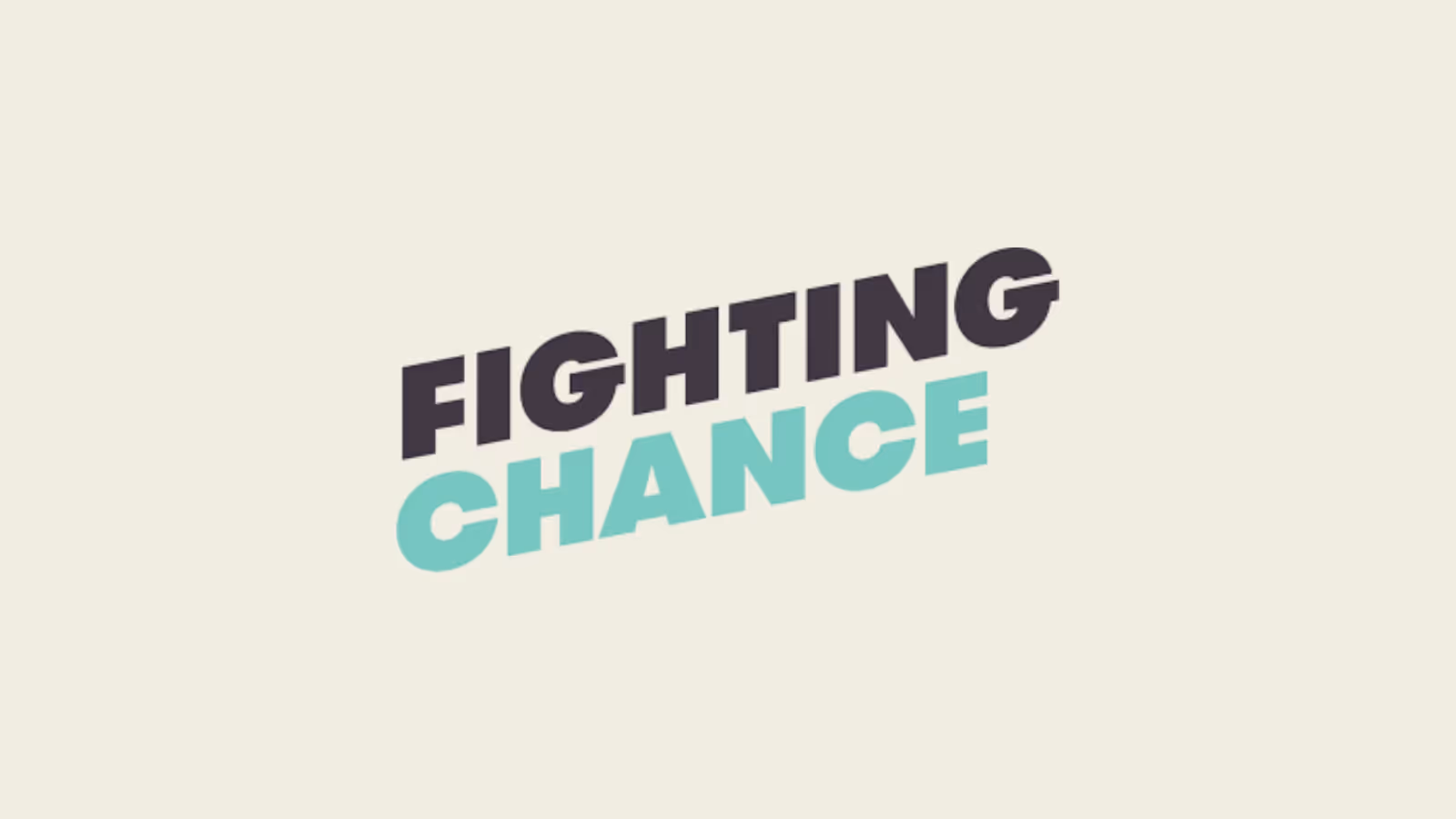5 Simple Workplace Wellbeing Programs
5 workplace wellbeing initiatives to improve staff health and business outcomes.

Workplace wellbeing is a priority for HR leaders, but many are unsure what actually works.
With rising mental health challenges and vague, feel-good programs, businesses often invest in initiatives that deliver little impact.
By focusing on data-backed interventions, organisations can boost engagement, retention, performance, and reduce absenteeism. Below, we outline the most effective wellbeing initiatives any business can implement today.
1. Mental Health First Aid & Peer Support Programs
Why it works:
Research shows that early intervention can significantly reduce absenteeism, improve employee resilience, and create a more supportive workplace culture.
Employees who feel they have access to trusted colleagues for mental health support are more likely to seek help early, reducing stigma surrounding mental health issues and preventing issues from escalating.
Easy implementation:
Train key employees as Mental Health First Aiders (MHFA) to provide initial support and guidance.
Establish peer support groups where employees can confidentially share challenges and access informal support.
Leverage free mental health resources, such as online check-ins and screening tools, to encourage proactive mental health care.
2. Flexible Work Options That Improve Productivity
Why it works:
Research consistently shows that giving employees more control over their work schedules leads to lower stress, reduced burnout, and increased job satisfaction.
Employees with greater work autonomy tend to be more engaged, productive, and experience reduced absenteeism, as they can structure their work in a way that best suits their energy levels, focus, and personal commitments.
Easy implementation:
Introduce no-cost flexibility with staggered start times or compressed workweeks to accommodate different working styles and personal responsibilities.
Shift to task-based work rather than rigid time-based expectations, allowing employees to focus on completing high-impact tasks instead of just “clocking in” hours.
Encourage short mental health breaks without penalty, giving employees time to reset and recharge, which improves focus and overall wellbeing.
3. Employee Assistance Programs (EAP)
Why it works:
Employee Assistance Programs (EAPs) provide confidential support for employees dealing with personal or work-related issues, reducing stress, improving mental health, and boosting overall productivity. Studies show that businesses with EAPs experience lower absenteeism, higher retention rates, and improved workplace morale.
Easy implementation:
Partner with an EAP provider that offers 24/7 confidential workplace counselling and support services for mental health, financial stress, and work-life balance.
Ensure accessibility by offering multiple contact options phone, video, in-person, or chat to accommodate different comfort levels.
Regularly promote the EAP through email reminders, posters, and team meetings, ensuring employees are aware of the service and feel encouraged to use it.
Train managers to refer employees to the EAP when signs of stress, burnout, or personal struggles are evident, reinforcing a culture of proactive mental health support.
4. Evidence-Based Stress Reduction Strategies
Why it works:
Research shows that regular short breaks and movement-based activities significantly reduce stress, enhance focus, and improve overall mental wellbeing. Employees who take microbreaks throughout the day experience lower fatigue, better concentration, and increased productivity, making these strategies simple yet highly effective.
Easy implementation:
Encourage 5-minute reset breaks every 60-90 minutes to allow employees to step away from their tasks and recharge.
Promote walking meetings or short outdoor breaks to incorporate movement and fresh air into the workday, which has been linked to improved cognitive function and stress relief.
5. Strengthening Psychological Safety in Teams
Why it works:
A workplace where employees feel safe to speak up, share ideas, and raise concerns without fear of punishment leads to higher engagement, increased innovation, and stronger team retention. Studies show that teams with strong psychological safety are more collaborative, adaptable, and productive, as employees feel valued and supported.
Easy implementation:
Foster a “no blame” feedback culture by encouraging constructive discussions and learning from mistakes rather than assigning fault.
Train managers to use positive reinforcement and conduct regular 1:1 check-ins, ensuring employees feel heard and supported.
Implement anonymous reporting channels to allow employees to raise workplace concerns confidentially, reducing fear of retaliation and promoting trust.
Encourage open dialogue in team meetings by normalizing feedback, acknowledging contributions, and reinforcing a culture of respect and inclusion.
The Evolving Landscape of Workplace Wellbeing in 2025
Workplace wellbeing is no longer just about offering gym memberships or occasional wellness programs, it’s becoming an integrated and strategic priority for businesses. In 2025, companies are shifting toward evidence-based, proactive wellbeing initiatives that deliver measurable benefits to both employees and the business.
Key Trends Driving This Change
- Personalised Support – Tailored mental health resources and flexible benefits
- Proactive Mental Health – Early intervention, stress prevention, and MHFA training
- Wellbeing as Strategy – Seen as a driver of productivity, not just an HR perk
- Data-Driven Decisions – Using analytics to measure impact and improve programs
- Psychological Safety – Embedding inclusion and safety into wellbeing initiatives
Investing in workplace wellbeing doesn’t require huge budgets or complex initiatives, small evidence-based changes can have a major impact on employee mental health, engagement, and productivity.
Foremind makes it simple and effective for businesses to implement practical, evidence-based mental health support. Our tailored solutions help HR and business leaders improve employee wellbeing, meet compliance requirements, and create a healthier workplace culture.
Talk to Foremind today to find out how easy it is to introduce workplace mental health support that actually works.
Related:
- EAP For Construction Businesses
- How Much Do EAPs Cost?
- What Is Presenteeism?
- How To Reduce Stress At Work
- Employee Engagement Metrics To Track

Hello 👋 I’m Joel the founder of Foremind.
Are you ready for simplified support & compliance?
Latest insights
Answers to the frequently asked questions.
Still have questions?
Email us at enquiries@foremind.com.au and we'll get back to you quickly with a response
Yes, we have culturally competent counsellors available, including those able to work with first nation and CALD employees.
Onshore on secure AWS Servers in Sydney Australia. All data is encrypted in transit and at rest and our entire team is located in Australia.
Employees can access our platform on any device (mobile, laptop, desktop, etc.) as long you have the website link - no need to download any app on devices. You wouldn’t need to enrol any of your staff individually.- When we do our onboarding, we ask for the first name, last name and email of all your employees, and send out an email invite to all them which will allow them to create their own individual account to access the platform. For new staff we can also invite them or provide you with a unique link to embed in your onboarding process, whichever is more convenient for you. We also kick things off with a launch webinar or video to make sure everyone is aware of Foremind and how to use it. We’ll also provide you with any collateral such as posters, QR codes, brochures etc. to help drive awareness and encourage people to create an account in the platform.
The support line is answered by our reception service 24/7. It is for urgent platform or session-related issues only (e.g. *“My counsellor didn’t show”*) or helping staff create an account.





